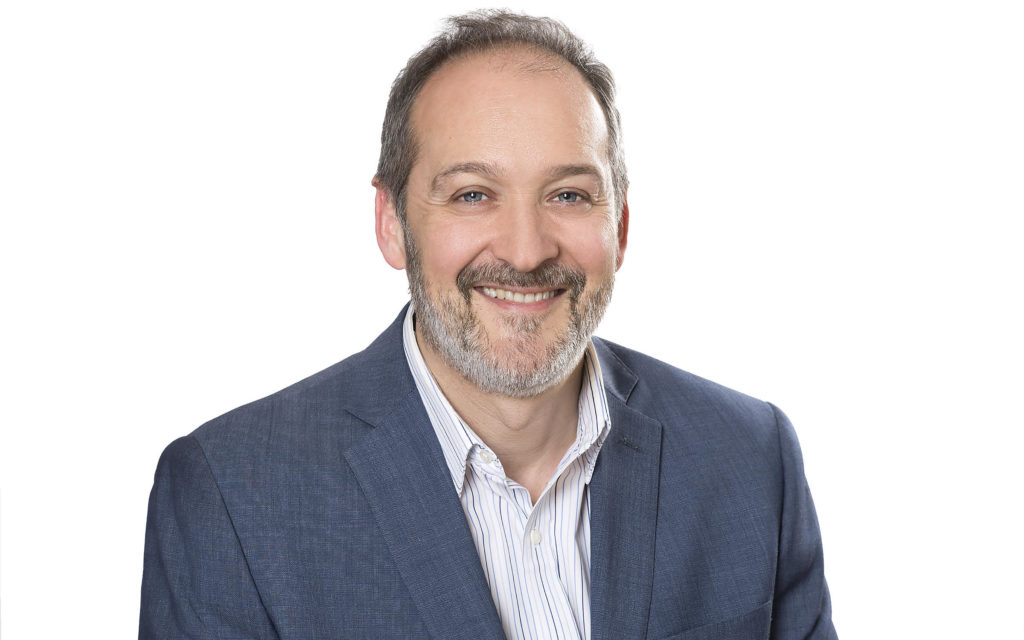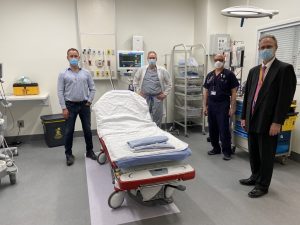 Trauma
Trauma
Centre for Global Surgery
Many of our clinicians’ healthcare initiatives truly illustrate how we are an interconnected global village. Continuing to fund life-changing humanitarian and training programs is why the legacy of our donors’ goodwill is so strongly needed here and abroad. The Centre gives our network of dedicated trauma specialists the opportunity to share their expertise as well as provide faculty members and students hands-on experience in real-world settings. Through its main pillars of research, education and mentorship, the Centre aims to reduce disease and mortality rates that often affect areas characterized by limited resources and socio-economic challenges.

Most people don’t realize how devastating trauma and injury is in our region. It’s the cause of the most years of life lost. The MGH trauma centre is one of the busiest in the country. It’s incredibly important that we offer world-class trauma care and that we keep working to find more effective ways of treating, and preventing multi-system injuries.
A facelift for the Montreal General Hospital’s trauma rooms

The three new trauma rooms at the Montreal General Hospital (MGH) represent an incredible boost for the medical teams, who now work in a state-of-the-art environment.
Emergency Physician Dr. Jean-Marc Troquet says the project got underway quickly, taking into account the needs of the medical teams: “The hospital was able to react very quickly to the current health crisis. Thanks to the financial participation of the MGH Foundation and the MSSS, the project was able to move forward and be completed in nine months.”
Infection control at the heart of the renovations
The pandemic was certainly a game changer when it came to the redesign of the three new trauma rooms. Each room has negative pressure and its own workstation with 3 monitors installed outside the room, which allows staff members to monitor the patient’s condition without entering the room (audio, video and vital signs).
Jacques Avital, project manager, explains: “The aim of the new standards was to limit the number of people coming and going into the rooms, to minimize the risk of infection. Also, the rooms are separated from each other. There are no more curtains, yet another way to increase infection control. We chose to install a sliding door with optional opaque glass, to be used in case of a delicate procedure.”
In addition, the medical team will be able to use telemedicine if needed. The staff will always be able to have the support of a colleague, even if he or she is not on site, through his or her phone, tablet or computer, and will be able to see and hear from a distance.
Taking a Bite Out of Life
Our Specialists Speak Out in the Media
- Doctors push for stricter gun laws
- Doctors to protest for tougher gun laws, prevention
- New device already saving lives at Montreal’s MUHC
- Tiny balloon catheter stops bleeding, has life-saving impact in trauma patients
- David Mulder says getting more patients to hospital in ‘golden hour’ could save lives
- Humboldt tragedy shows value of helicopter ambulances
REBOA Program
REBOA ‘‘Resuscitative Endovascular Balloon Occlusion of the Aorta’’ is a technique used in trauma for patients that are rapidly bleeding to death from injuries to their chest, abdomen or pelvis.
In trauma, everything is a question of time: how soon patients arrive after their accident, and how fast the medical teams assess them and treat their injuries. In 2018, the MGH trauma team launched the REBOA program to test the use of new catheters designed to stop massive haemorrhaging. Within just a few months, they were able to save the lives of seven patients thanks to this device and the training provided to medical team members.
Centre for Global Surgery: Facilitating Assistance in Canada and Abroad
In a growing number of developing countries as well as in remote regions of Northern Québec, our trauma experts work actively to share their knowledge in an effort to reduce injuries and mortality rates. To achieve this, they have developed education, research and multidisciplinary exchange programs to help developing nations to set up trauma systems which, as they have in Québec, can drastically reduce mortality rates, by concentrating expertise where it is most needed. To date, programs have been initiated in Haiti, Nepal, Ukraine and in 32 African nations, mostly thanks to alliances forged with the World Health Organization, the Red Cross and Red Crescent, as well as local universities, hospitals and governments. https://www.cglobalsurgery.com/
Traumatic Brain Injury Program
Specializing in acute neurotrauma and early rehabilitation, the MGH multidisciplinary Traumatic Brain Injury (TBI) Program treats over 1300 inpatients and outpatients each year from Montreal, Montérégie and northern Quebec. For more information about this program, please click here.
Injury Prevention Program
The Injury Prevention Program’s goal is to decrease risky behaviour and traumatic injury. It promotes prevention through collaborative partnerships, presentations, workshops, kiosks, campaigns and community events. For more information about this program, please click here.

